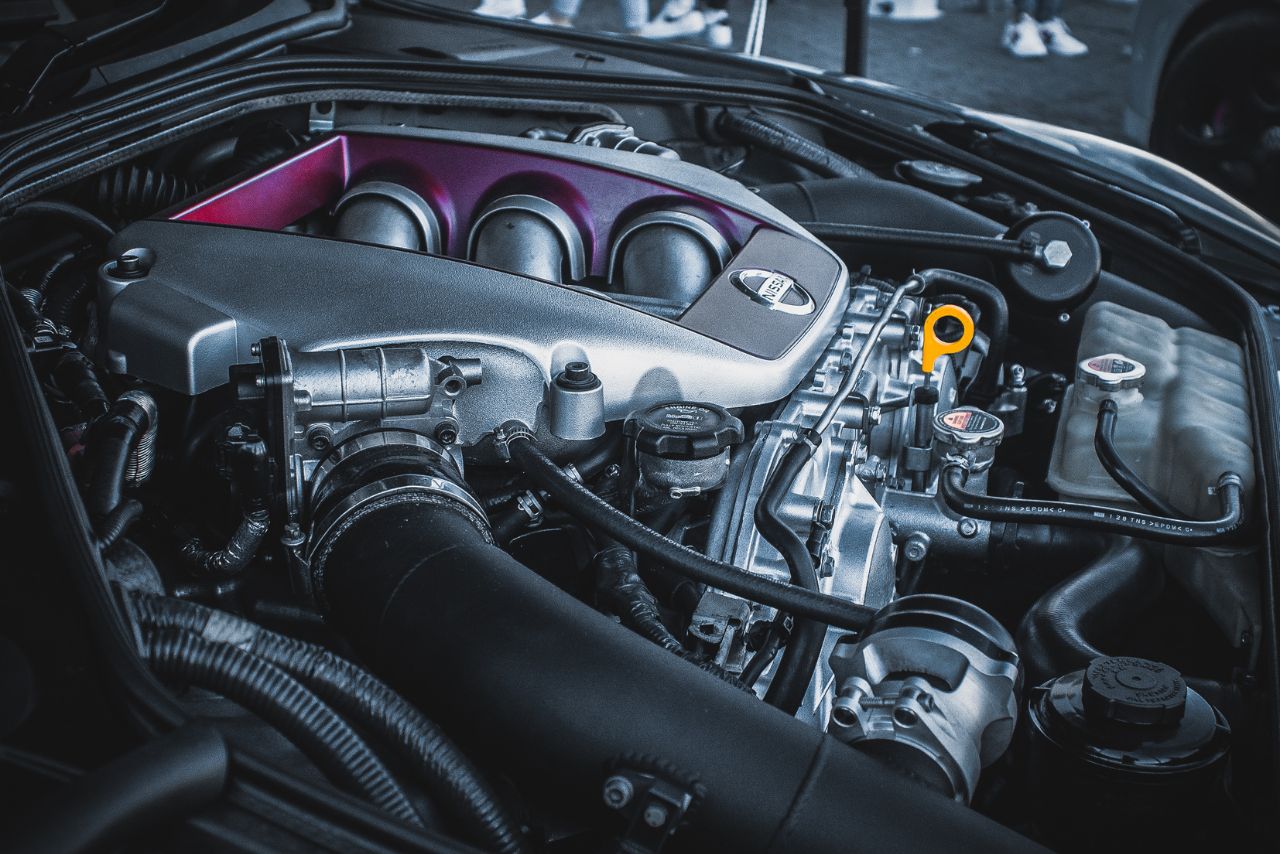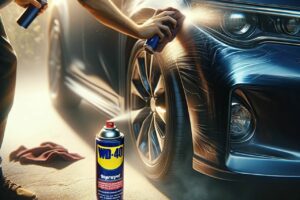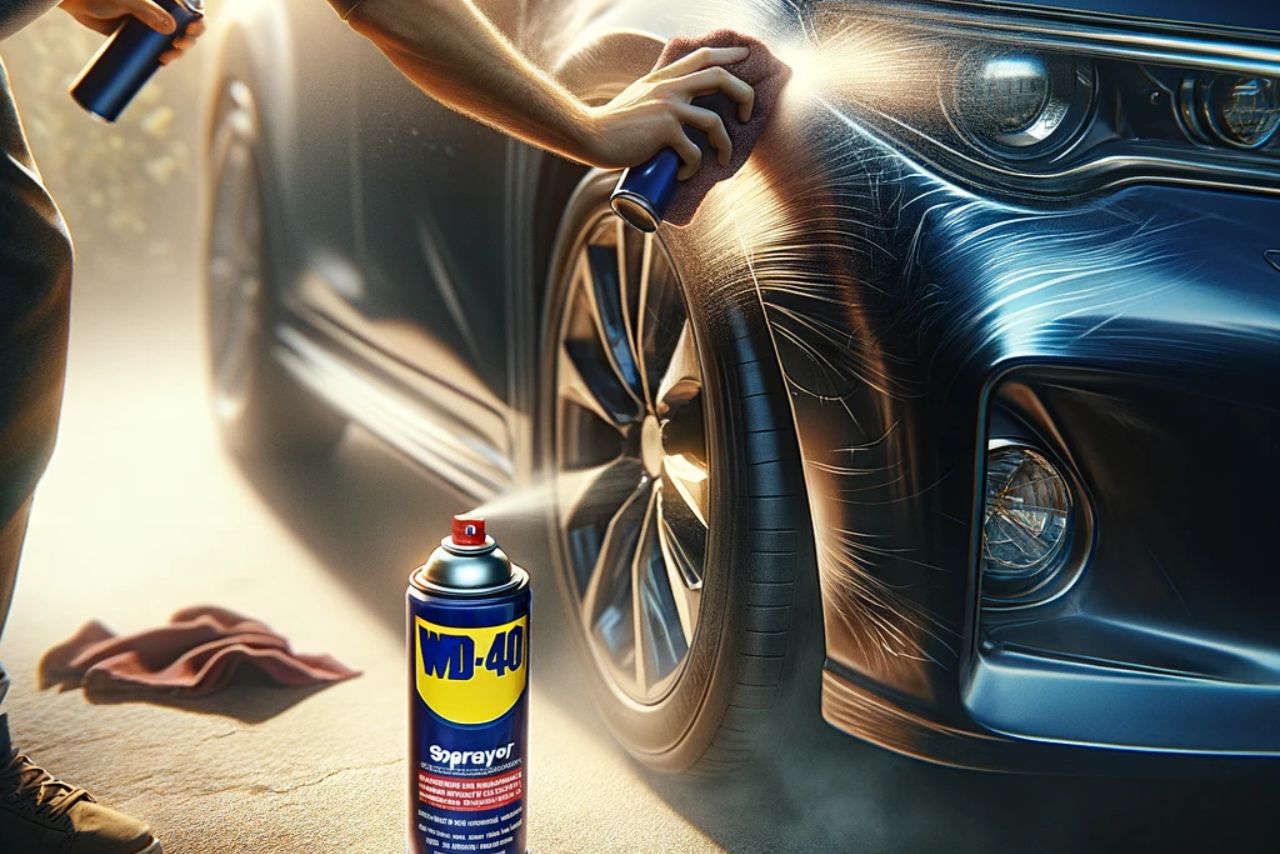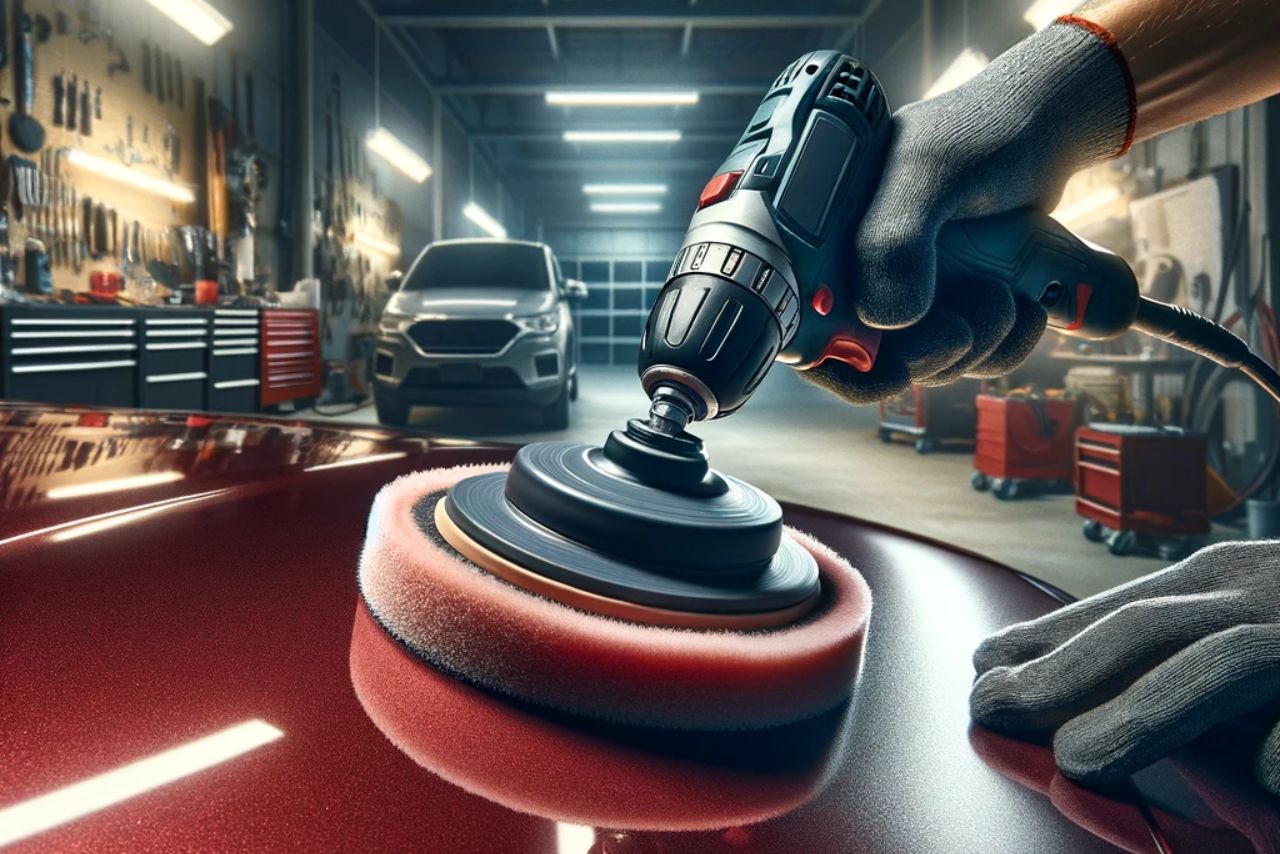The Citroen DS3 equipped with the 1.2 PureTech engine has been the subject of many concerns among car owners.
Despite its recognition as Engine of the Year in 2016, the engine has faced criticisms over its reliability, fuel consumption, and maintenance requirements.
These issues have raised questions about the quality of the engine and its suitability for use in the Citroen DS3 model.
This article seeks to explore the problems and concerns surrounding the Citroen Ds3 1.2 Puretech Engine Problems, looking into the common issues faced by car owners, the maintenance requirements and replacement costs, and the overall reliability of the engine.
The Citroen DS3 1.2 Puretech engine has been known to have oil leaks, timing chain problems, and turbocharger faults.
Table of contents
Why I am Facing Citroen DS3 1.2 PureTech Engine Problems?
The potential reasons for facing Citroen DS3 1.2 PureTech engine problems can be attributed to various factors.
Engine Reliability:
One of the primary concerns is engine reliability, which has been a subject of criticism from consumers and experts alike. Several issues have been reported, including timing belt failure, excessive oil consumption, and accessory belt issues.
Lambda Sensors:
Furthermore, lambda sensors have been known to fail prematurely, leading to poor engine performance and increased fuel consumption.
Fuel Consumption:
Fuel consumption is another major issue that Citroen DS3 1.2 PureTech engine owners may face.
The engine’s design, coupled with local regulations affecting car taxes and engine capacity, may result in subpar fuel efficiency.
Proper Maintenance:
Additionally, the engine’s turbo requires proper maintenance to function optimally, and neglecting it can lead to costly repairs.
Opel engine performance is another factor that may contribute to Citroen DS3 1.2 PureTech engine problems, as the engine is built at the Opel plant in Tychy.
Overall, these factors can lead to a negative experience for Citroen DS3 1.2 PureTech engine owners.
5 Common Citroen DS3 1.2 PureTech Engine Problems:
The Citroen DS3 1.2 PureTech engine has been plagued with a number of common issues.
| ProblemCauseSymptomsPreventionTiming belt issuesThe timing belt on the 1.2 PureTech engine is made of a material that is prone to degradation, and can break or slip, causing the engine to lose power or even stop running. | The engine loses power, the check engine light comes on, the car won’t start. | Get regular oil changes and change the timing belt every 100,000 miles. | |
|---|---|---|---|
| Excessive oil consumption | The 1.2 PureTech engine has been known to consume more oil than is considered normal, which can lead to engine damage if not properly addressed. | The engine oil level is low, the car smokes when it’s running. | Use the correct fuel and avoid driving in extreme conditions. |
| Carbon buildup | The 1.2 PureTech engine is a direct-injection engine, which means that fuel is injected directly into the combustion chamber. This can lead to carbon buildup on the pistons and valves, which can reduce engine performance and efficiency. | The engine loses power, the car feels sluggish, the fuel economy is poor. | Get regular oil changes and use a fuel additive that helps to prevent carbon buildup. |
| Sensitivity to poor servicing | The 1.2 PureTech engine is a relatively complex engine, and it is important to follow the manufacturer’s recommended maintenance schedule to avoid problems. Failure to do so can lead to premature wear and tear on the engine. | The engine has misfires, the car shakes when it’s running, the check engine light comes on. | Get regular oil changes, change the timing belt every 100,000 miles, and follow the manufacturer’s recommended maintenance schedule. |
One of the most significant problems is related to timing belt issues, which can cause significant engine damage if not addressed promptly.
1. Timing belt issues:
Timing belt failure in the Citroen DS3 1.2 PureTech engine has been a significant concern for vehicle owners due to reported issues with the disintegration of the timing belt material and the subsequent engine damage.
The timing belt is responsible for synchronizing the engine’s valve and piston movements, and if it fails, it can cause severe engine damage.
One of the primary causes of timing belt failure in the Citroen DS3 1.2 PureTech engine is the poor quality of the belt material used, which can lead to premature wear and tear.
To minimize the risks of timing belt failure, it is crucial to take preventative measures, such as proper timing belt maintenance, regular engine performance checks, and turbocharger maintenance.
Some other measures include using high-quality belt material during replacement, avoiding carrying heavy loads, and being aware of local regulations affecting engine capacity and car taxes.
Regular maintenance and preventative measures can go a long way in avoiding costly repairs and engine replacement.
2. Excessive oil consumption:

Excessive oil consumption is a notable issue that has been reported with the 1.2 PureTech engine, which can lead to engine damage and costly repairs.
Customers have reported having to refill their oil levels frequently, with some experiencing oil levels dropping to dangerous levels within a short amount of time.
This issue can have a significant impact on the engine’s performance, causing it to run poorly and potentially leading to engine failure.
There are several potential causes of excessive oil consumption in the 1.2 PureTech engine, including worn piston rings, valve seals, and gaskets, as well as issues with the PCV valve and turbocharger.
Preventive measures include regular maintenance and oil changes, as well as monitoring oil levels and addressing any leaks or issues promptly.
Customers have reported negative experiences with engine failure due to this issue, with costly repairs and a loss of trust in the engine’s reliability.
Overall, excessive oil consumption is a significant concern with the 1.2 PureTech engine that requires careful monitoring and proactive measures to prevent engine damage.
| Potential Causes | Preventive Measures | Impact on Engine Performance |
|---|---|---|
| Worn piston rings, valve seals, and gaskets | Regular maintenance and oil changes | Poor engine performance, potential engine failure |
| Issues with the PCV valve and turbocharger | Monitoring oil levels and addressing leaks or issues promptly | Costly repairs and loss of trust in engine reliability |
3. Carbon buildup:

Carbon buildup is a common issue that can occur in the 1.2 PureTech engine, caused by the accumulation of deposits on the intake valves.
These deposits form due to incomplete combustion, oil vapor, and fuel impurities that can result in poor engine performance, decreased fuel efficiency, and even engine failure.
To prevent these issues, regular combustion chamber cleaning and intake valve cleaning are recommended. There are several carbon removal methods available, including chemical cleaners, manual cleaning, and walnut blasting.
Chemical cleaners are the most common method, where a specialized solution is sprayed into the intake manifold to dissolve the carbon deposits.
Manual cleaning involves removing the intake manifold and scraping off the carbon buildup with a soft-bristled brush or scraper.
Walnut blasting is a newer method that uses crushed walnut shells to blast the carbon deposits off the intake valves. However, this method can be expensive and requires specialized equipment.
Overall, addressing carbon buildup in the 1.2 PureTech engine is crucial for maintaining engine performance and preventing costly repairs.
4. Sensitivity to poor servicing:
The maintenance and servicing of the 1.2 PureTech engine is crucial for ensuring optimal performance and preventing potential issues.
Poor maintenance can lead to a range of problems, including decreased fuel efficiency, engine misfires, and reduced power output. To avoid these issues, it is recommended that the engine is serviced regularly at a certified service center.
This will ensure that the engine is inspected and maintained according to the manufacturer’s specifications, and any potential issues are identified and addressed before they become serious.
In addition to service center recommendations, there are also DIY maintenance tasks that can be performed to help maintain the engine’s optimal performance. These include regular oil changes, air filter replacements, and spark plug replacements.
5. Diesel engine problems:
Diesel engines have faced criticism in recent years due to their emissions and potential health impacts.
They have been found to emit high levels of nitrogen oxides (NOx) and particulate matter (PM) which can cause respiratory problems and contribute to air pollution.
In response, governments have introduced stricter emission standards and regulations, which have led to the development of more efficient and cleaner diesel engines.
Despite these efforts, diesel engines still face issues with fuel efficiency and emission standards, especially when carrying heavy loads.
Maintaining the turbocharger is crucial for optimal performance and fuel efficiency, as neglecting it can lead to reduced power output and increased fuel consumption.
Additionally, diesel engines require more maintenance than gasoline engines, such as frequent oil changes and filter replacements, to prevent clogging and reduce emissions.
As such, it is important for owners to stay on top of their diesel engine maintenance to ensure optimal performance and compliance with emissions regulations.
Maintenance and Replacement:
One crucial aspect of the Citroen DS3 1.2 PureTech engine is the significance of maintaining and replacing its timing belt, accessory belt, and oil pump filter to prevent potential issues.
Such as disintegrating timing belt material, clogging, and excessive oil consumption, which have been reported as common problems among users.
Additionally, regular oil maintenance and turbo maintenance are crucial for the engine’s longevity and performance.
It is also important to consider local regulations affecting car taxes and engine capacity when choosing this engine, as it may impact running costs.
To ensure proper maintenance of the Citroen DS3 1.2 PureTech engine, it is recommended to replace the timing belt, accessory belt, and oil pump filter preventively every 100,000 km. It is also essential to check and maintain the turbo system regularly, as it plays a vital role in the engine’s performance.
Furthermore, it is crucial to consider the engine’s performance when carrying heavy loads, as it may affect its durability.
By following these maintenance tips, drivers can avoid potential issues with the engine and extend its lifespan.
Are 1.2 PureTech engines reliable?
Reliability concerns have been raised regarding the 1.2-liter PureTech engine, with some owners reporting issues with maintaining consistent performance and avoiding mechanical problems. While the engine has been lauded for its fuel efficiency and low running costs, its durability has been called into question.
Considering the engine’s popularity in the market, these issues have led to increased maintenance costs for some owners, as well as a general sense of unease among potential buyers.
Despite these concerns, it’s worth noting that some owners have reported no issues with their 1.2-liter PureTech engines.
Additionally, the engine’s performance and fuel efficiency have made it an attractive option for many drivers.
However, with reports of issues such as timing belt failures and excessive oil consumption, it’s important for potential buyers to carefully consider their options before purchasing a vehicle with this engine.
Regular maintenance and attention to potential warning signs can help mitigate some of the engine’s issues, but ultimately, the reliability of the 1.2-liter PureTech engine remains a topic of debate.
Citroen ds3 1 2 puretech timing belt replacement:
The proper replacement of the timing belt in a popular 1.2-liter engine has become a crucial topic of discussion among car enthusiasts.
The PureTech engine used in the Citroen DS3 and other vehicles has been subject to a recall due to issues with the timing belt.
The original belt material was found to disintegrate, causing serious engine damage.
As a result, the manufacturer has recommended a reduced timing belt change interval of 6 years, and newer engines have a new belt installed originally.
Additionally, PSA has reduced the belt change interval to 100,000 km as a preventative measure.
The quality of the replacement belt is of utmost importance, as a failure can lead to significant engine damage and costly repairs.
It is the responsibility of the manufacturer to ensure that the belt and other components are of high quality and that the recommended maintenance schedule is clear and effective.
Frequently Asked Questions:
What are the differences between the 100 hp EB2ADTD and 130 hp EB2DTS versions of the PureTech engine?
The 100 hp EB2ADTD and 130 hp EB2DTS versions of the PureTech engine differ in their torque output and power options. The 130 hp variant offers higher performance, while both versions meet Euro 6 exhaust emission standards and have a lifespan that can be affected by fuel efficiency.
What are the common issues with the PureTech engine, including lambda sensors and excessive oil consumption?
Common issues with the PureTech engine include lambda sensor failures, oil leaks, turbocharger issues, engine misfires, and ECU malfunctions. These problems have been reported by users of various car models equipped with the engine.
How important is it to maintain and replace the engine and turbo, and what are the consequences of neglecting this maintenance?
Regular maintenance and replacement of the turbo and engine are crucial for optimal performance and to avoid consequences such as decreased reliability and costly repairs. Manufacturers provide maintenance interval recommendations, and neglecting these can result in engine replacement and decreased Citroen DS3 reliability.
Are the 1.2 PureTech engines reliable, despite the negative sentiment towards them?
The 1.2 PureTech engine has received negative sentiment due to issues with timing belts, lambda sensors, and excessive oil consumption. However, in terms of real world performance, long term durability, fuel efficiency, cost of ownership, and driving experience, the engine has shown reliability and efficiency. Further research is needed to fully evaluate its performance.
What is the recommended timing belt replacement interval for the Citroen DS3 1.2 PureTech engine, and what issues have been associated with the timing belt in the past?
The recommended timing belt replacement interval for the PSA 1.2 PureTech engine is 100,000 km, however, past issues have included engine overheating, camshaft failure, valve damage, and belt tensioner issues. These issues have been associated with disintegrating timing belt material, leading to a recall and replacement with new material belts.
Conclusion and final thoughts 💭
The Citroen DS3 1.2 PureTech engine has been plagued with various issues and concerns, leading to negative sentiments among car owners.
Common problems include reliability issues, high fuel consumption, and maintenance requirements.
Additionally, the engine has faced criticisms for its timing belt replacement, which can be expensive and time-consuming.
Despite being named Engine of the Year in 2016 and offering high torque, the engine’s reputation has been tarnished by these issues.
To address these concerns, it is important for Citroen to focus on improving the reliability and fuel efficiency of the 1.2 PureTech engine.
Additionally, they should consider offering more affordable and efficient maintenance options, including a more cost-effective and easily replaceable timing belt.
By addressing these issues, Citroen can work towards restoring the trust and satisfaction of their customers, and improving the overall reputation of the Citroen DS3 equipped with the 1.2 PureTech engine.
Latest Posts:
- Can WD-40 Remove Scratches on Cars? (Hint: Yes, but…)
- Can You Use a Drill to Polish Your Car? (We Tried it Out!)
- Should You Cover Car Scratches With Stickers? (REVEALED!)
- Buick Service Stabilitrak: (Causes & 100% Guaranteed Fix!)
- Common Holden Trax Problems (Causes & 100% Proven Fixes!)
- Jeep Commander Transmission Over Temp: (Guaranteed Fix!)












Leave a Reply